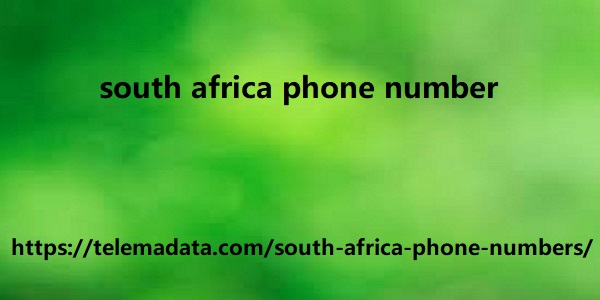In an era dominated by smartphones and constant connectivity, the humble telephone directory might seem like a relic of the past. Yet, for many of us, it holds a special place in our memories, conjuring up images of dusty bookshelves and the comforting scent of aged paper. And for those who lived in Fargo, North Dakota, in the mid-20th century, the Fargo telephone directory was more than just a list of names and numbers – it was a window into a vibrant, evolving community.
Imagine a time before Google Maps, before online shopping, before even Caller ID. For those who needed to find a plumber, a doctor, or simply a friend, the Fargo telephone directory was the go-to resource. These books were not just a collection of numbers, they were a microcosm of Fargo life.
Flipping through the pages, you'd encounter familiar names - businesses south africa phone number that have stood the test of time, like the iconic Fargo Theatre, and others that have faded into local legend. The listings for 'restaurants,' 'churches,' and 'schools' reveal the diverse tapestry of life in Fargo, and the yellow pages offered a glimpse into the products and services available to residents.
The Fargo phone directory was also a repository of local history. Advertisements from local businesses painted a picture of a bustling city, showcasing everything from clothing stores and banks to auto repair shops and movie theaters. These ads, often filled with colorful illustrations and catchy slogans, provide a glimpse into the consumer culture of the time.
Beyond the listings and ads, the directory itself was a fascinating artifact. The evolution of its design - from the simple, utilitarian black and white of earlier editions to the more colorful and modern layouts of later years – mirrored the changing times.
Today, these forgotten directories sit gathering dust on library shelves or tucked away in attics. But for those willing to delve into their pages, they offer a treasure trove of information and a unique window into the past.

*Genealogy Research:** The directory can be an invaluable resource for tracing family history. It can provide information about past residents, including their addresses and phone numbers, which can lead to further research.
Local History:** The directory's advertisements and business listings reveal the economic and social landscape of Fargo during a particular period. This can be valuable for researchers studying the city's history.
Architecture and Urban Development:** The directory's listing of addresses and businesses can provide clues about the layout and development of Fargo over time. This can be valuable for architectural historians and urban planners.
Social and Cultural History:** The directory can offer insights into the social and cultural climate of Fargo during a specific era. For example, the listings for 'churches,' 'schools,' and 'community organizations' can reflect the values and priorities of the community.
As we navigate our increasingly digital world, it's easy to forget the tangible artifacts of the past. The Fargo telephone directory, once a vital resource for its residents, now stands as a testament to a bygone era. Yet, its value remains, not just as a historical document, but as a reminder of how technology shapes our lives and the enduring power of human connection, even in the face of constant change.